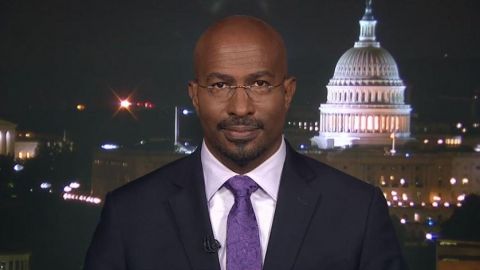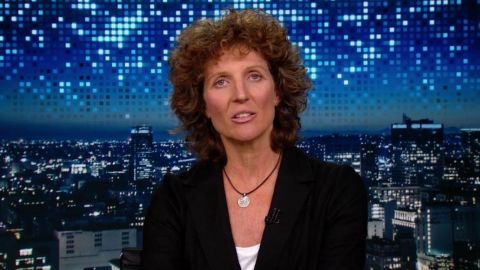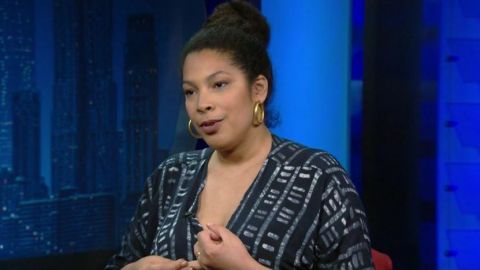Read Transcript EXPAND
CHRISTIANE AMANPOUR: What do you think about when you see the reaction today, the stadiums filled, the attention paid compared to when you started out?
MICHELLE AKERS, FORMER SOCCER PLAYER, U.S. WOMEN’S NATIONAL TEAM: I tell you what, when I turn on the TV and I am watching all these commercials, the packed stadiums, all the stories, corporate sponsors, the number of teams that are now in the World Cup, it’s like, yes, you know, it’s so exciting and rewarding. And night and day to when I played the first World Cup in ’91 —
AMANPOUR: Yes.
AKERS: — and winning that World Cup, you know, basically, allowed us to put a foot in the door in the world of soccer, and it helped the U.S. take notice. Starting from there leading into the ’99 World Cup, I think it just cemented in the value of women’s sports, women’s athletics in the corporate world, in media, you know, the desire to be connected to women’s athletes and female sports.
AMANPOUR: Well, many of us would say, “It’s about time,” and certainly, many with kids are delighted. I just want to ask you on a human level though, you mentioned the 1999 World Cup, you obviously were playing in it and there were conditions in terms of, you know, crippling heat like there are right now. And the American team will play the host France in France. Just remind us what it’s like to play in that kind of heat, and I think you had — you know, you had to be rushed off the pitch with some faintness or illness too
AKERS: Ye. In fact, that ’99 World Cup, it was over 100 degrees. I think it was 120 on the field. But for me, my demise was our goalkeeper, Brianna Scurry, punching me in the head to clear up all in the box. But the challenge with the heat, it’s huge.
AMANPOUR: And just to tell us on a human level, there you are, a major player, you’re in the dressing room or you’re being, I don’t know, cared for by the nurses and your team is about to win. I mean, what? Did you — you had to get out onto the pitch again.
AKERS: Yes. You know, I don’t even think I knew my name at that point. But I saw — there is like a small TV in the corner and I saw Brandi Chastain kick that winning thing and then it sparked, you know, life back into my brain and I was like, “Get me out of here, I’m going out.” And I took out the IVs and they, you know, got me out on the field so I could celebrate with my team in my own way.
About This Episode EXPAND
Christiane Amanpour speaks with Barbara Boxer and Van Jones about the democratic presidential debates. Michelle Akers joins the program to discuss the challenges and prejudices female soccer players are forced to overcome. Alicia Menendez speaks with Jackie Sibblies Drury about her Pulitzer prize-winning play, “Fairview.”
LEARN MORE


